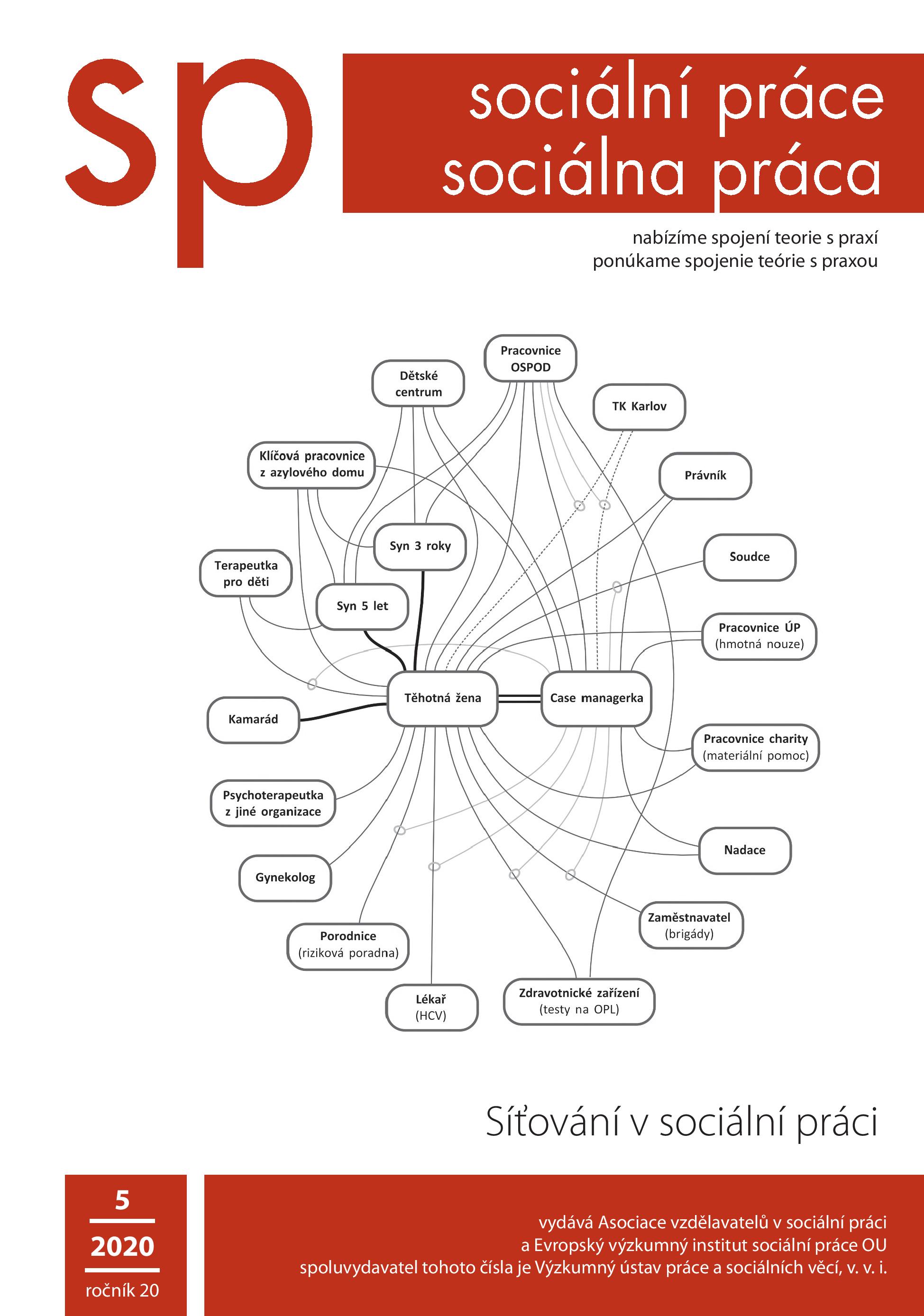
Z redakce
Nové předplatné pro rok 2021 Zemřel doc. PhDr. Pavel Hartl Advent plný dárků a překvapení YouTube kanál časopisu Sekce „Koronavirus v sociální práci“ opět spuštěna Vyšlo číslo 5/2020 „Síťování v sociální práci“
Přednášky on-line

Volná místa
Sociální pracovník (Moravská Třebová) Sociální pracovník / pracovnice (Nymburk) Vedoucí odd. kurátorů pro mládež (Praha) Kontaktní pracovník / pracovnice (Pardubice) Sociální pracovník (Hřebeč – Kladno) Odborný sociální pracovník (Liberec)
Čísla
Archiv čísel » 2017/4 - ERIS Journal - Summer 2017 »
Food Banks and the Transformation of British Social Welfare
Shelley Briggs, Mark Foord
Medailon autora:
Shelley Briggs has taught Social Work and Social Policy at the University of Central Lancashire since January 2009, and before that at DeMontfort University. Prior to working in higher education she worked in mental health clinical practice in Canada and criminal justice Social Work in Scotland. She has diverse research interests in Comparative Social Policy; gender issues, community work and mental health.
Mark Foord taught Social Policy at the University of Central Lancashire from 2004 until August 2017. Prior to that, he worked at the Centre for Housing and Urban Studies, University of Salford. He has research interests around Comparative Social Policy; community work; homelessness, and adult social care.
Abstrakt:
Since the mid-1970’s, the British social welfare system has undergone a process of radical transformation. There are seminal moments in this journey, most recently the 2015 election of a transformative Conservative administration, driven by a deep anti-state ideology which attempted to cut welfare, diminish the public realm and re-define Britain’s relationship with Europe. To fill the hiatus left by spending cuts, the development of voluntary (‘Big Society’) community initiatives was encouraged. The food bank movement provides an important exemplar of the nexus of state withdrawal, precariousness and voluntarism. In many parts of Britain, food banks have become the defacto welfare safety net, offering emergency assistance and personalised support, delivered by volunteers. As such, food banks provide insights into the future shape of British welfare provision. This paper maps the development, impact and scope of food banks in Britain; it argues support for voluntarism is driven by a desire to enact forms of welfare intervention based on conditionality and mistrust of cash based welfare. It concludes by arguing that whilst the Neo-liberal vision for food banks is embedded in an anti-welfare agenda, food banks have the potential to develop as discursive community spaces offering care, support and social action.
Klíčová slova:
social welfare transformation, precariousness, food banks, voluntary action
s. 72 - 86
Podobné články
 More Alike Than We Think? Frames and Practice of Social Work with Families in the UK and Germany
More Alike Than We Think? Frames and Practice of Social Work with Families in the UK and Germany Consequences of the Modernization of Society and Possible Coping Mechanisms, with an Example from Italy
Consequences of the Modernization of Society and Possible Coping Mechanisms, with an Example from Italy Challenges with Poverty and Unemployment: Comparison of Austria with Western Balkan Countries
Challenges with Poverty and Unemployment: Comparison of Austria with Western Balkan Countries A Social Work Intervention’s Effects on the Improvement of School Culture
A Social Work Intervention’s Effects on the Improvement of School Culture Emancipatory, Relationship-Based and Deliberative Collective Action: The Power of the Small Group in Shifting from Adversity to Hope, Activism and Development
Emancipatory, Relationship-Based and Deliberative Collective Action: The Power of the Small Group in Shifting from Adversity to Hope, Activism and Development

Vyhledávání



Debata
Co si myslíte o novém koaličním návrhu na zálohované výživné?
Poslední komentáře:
Nenalezen žádný komentář.Ediční plán
6/2020 – Evaluace v sociální práci 1/2021 – ERIS Journal - Winter 2021 - Forced Migration and Minority Groups 2/2021 – Raná péče a sociální práce 3/2021 – Metody sociální práce 4/2021 – ERIS Journal - Summer 2021 - Histories of social work













